The best philosophical books: These books will enable you to delve deep inside yourself.
Here we have shared the best philosophical books you can read this year to delve deep inside yourself

The term "philosophy" means "love of wisdom". It explores the core issues surrounding reality, existence, ethics, and knowledge. Great minds have pursued it throughout history, and its timeless relevance still shapes how we perceive the world.
We have compiled a list of the top books to aid you in your quest for knowledge and philosophical advancement for everyone who wants to pursue this goal. The book covers a wide range of philosophical topics, including metaphysics and ethics, and it also offers priceless insights into how people think.
Marculus Aurilius's Meditation
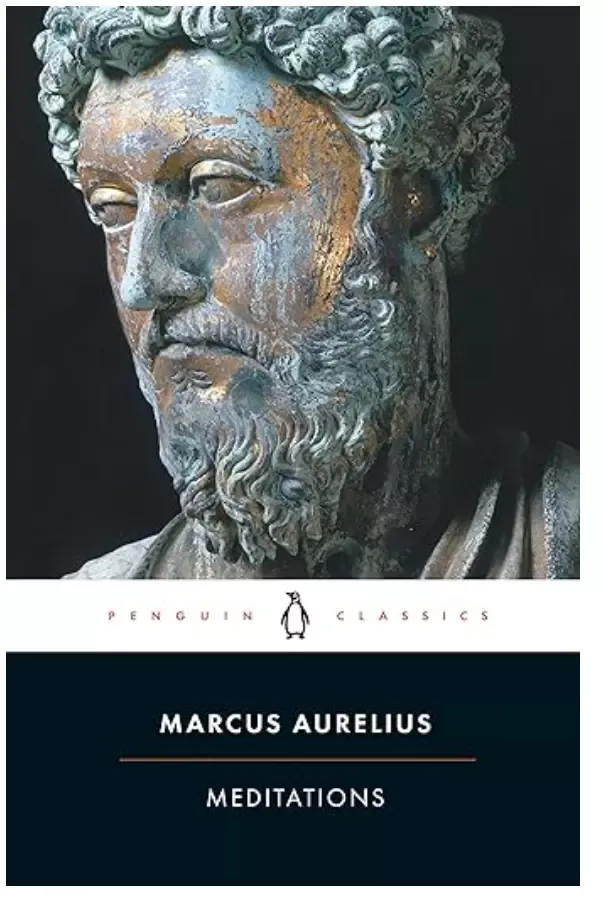
Marculus Aurilius, the Roman emperor from 161 to 180 AD, wrote the timeless philosophical work Meditation. This book is frequently cited as being among the most insightful works of Stoic philosophy. The book provides significant insights into the nature of humanity, the pursuit of virtue, and the art of leading a serene and fulfilling life.
Additionally, Meditation is a collection of twelve volumes, each comprising several brief but profound sections. These texts offer a peek into the Stoic philosophers' thoughts on their leadership challenges. The themes of the Stoic virtue of knowledge, oneness in humility, acceptance of natural orders, and other similar themes come through in his writings.
Martin Heidegger's "Being and Time"
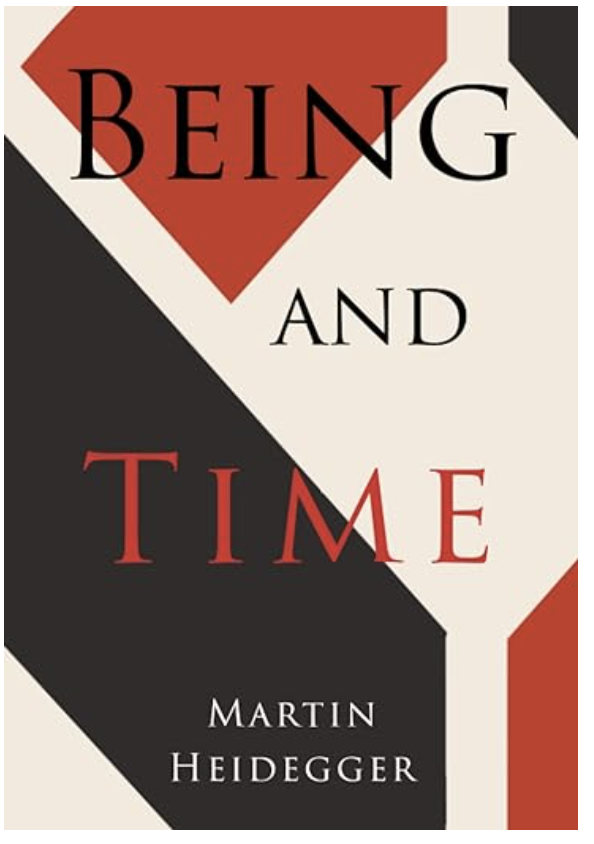
Martin Heidegger's Being and Time was released in 1927. The author explores the existential quest and the key issues surrounding human existence. He proposes the idea of dasein, which is a German word for existence. Dasein stands for the distinctive way of being that distinguishes human existence.
The nature of human existence, time, and authenticity are all topics covered in the book. The work has had a significant impact on modern philosophy. This work has challenged philosophers and thinkers for centuries while providing a fresh viewpoint on the intricacies of human existence.
Simone de Beauvoir's "The Second Sex"
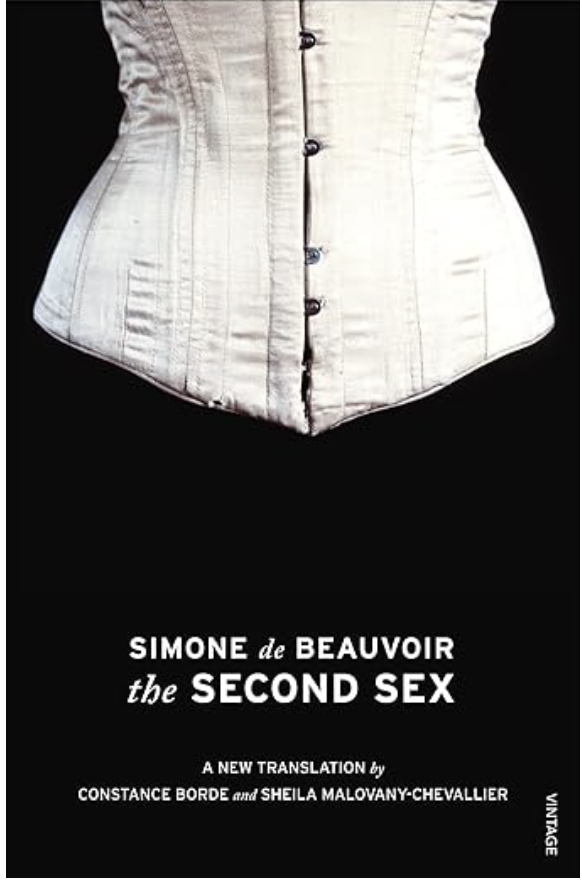
The Second Sex by Simone de Beauvoir, which was released in 1949, is a key work of feminist philosophy. The author of this book explores how women have been treated historically and in modern culture.
This book took Simon de Beauvoir 14 months to research and write. This book is regarded as a ground-breaking contribution to feminist philosophy and as the source of the second wave of feminism's first inspiration. Facts and Myths and the Lived Experience, the two volumes that make up the book, are published. The book serves as an excellent read for anyone interested in feminist philosophy.
Thomas S. Kuhn's "The Structure of Scientific Revolutions"
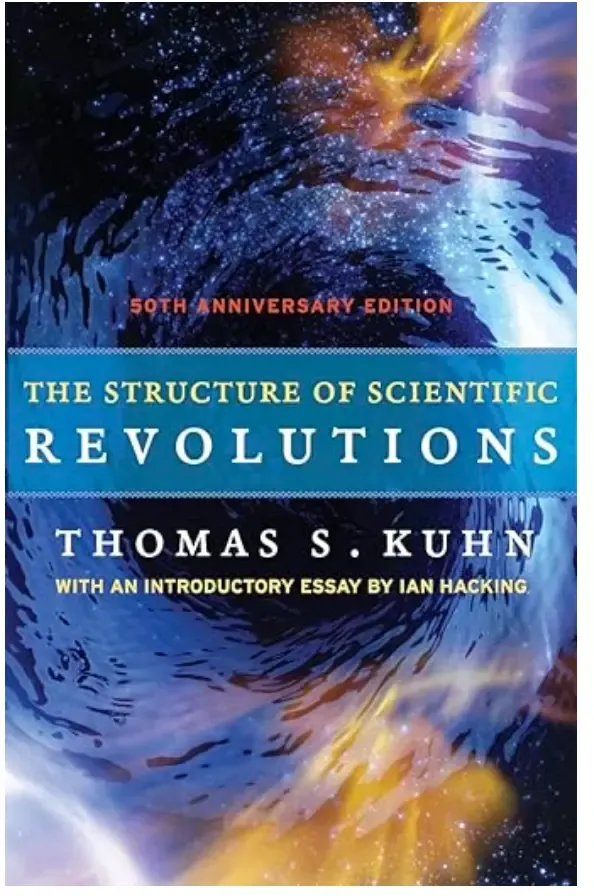
The philosopher himself wrote a book about the history of science called The Structure of the Scientific Revolution. The book further influenced how we perceive the course of scientific discovery.
The organisation of scientific revolutions has had a significant influence on numerous disciplines as well as the philosophy of science. Numerous conversations about the sociology of scientific knowledge and the conduct of the scientific community resulted from it. The traditional conception of science as a cumulative, linear process has been questioned by Kuhn's work, which places more focus on the discontinuities and the revolution that have moulded science's advancement to this point.
This book has fundamentally altered the way we think about and perceive science. This book is a must-have for everyone who is interested in science, the essence of scientific inquiry, and the dynamics of scientific development.
Plato's "The Republic"
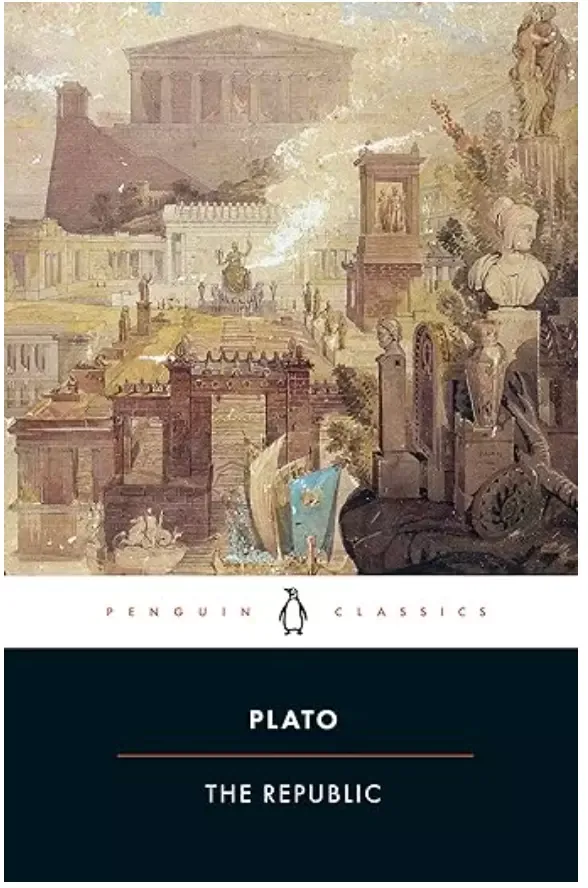
Plato wrote the Republic somewhere around 375 BCE. One of Plato's best-known compositions, this work has had a profound intellectual and historical impact on philosophy and political thought.
Both education and ethics are greatly impacted by the book. Discussions about political theory, the nature of the good life, and the quest for knowledge continue to be shaped by Pluto's views on justice, the ideal state, and the place of philosophy in governance.
The foundational work that has had a lasting impact on the history of philosophy and political thinking is encountered in this brief investigation by Pluto. For those with an interest in politics, ethics, or the search for the truth, this timeless classic is still required reading.
David Hume's "A Treatise of Human Nature"
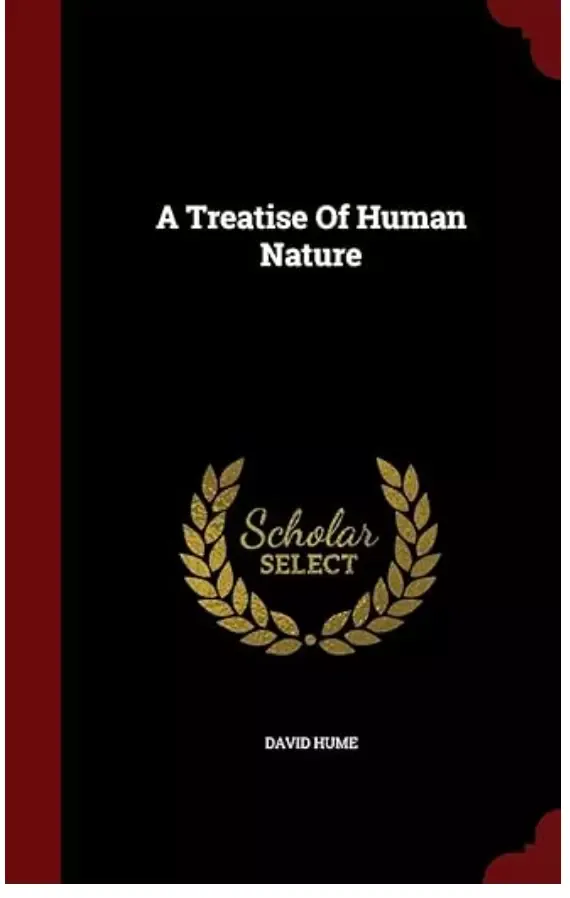
The 1739–1740 book is a foundational work of contemporary philosophy. The book is regarded as one of Hume's best contributions to philosophical history. The work is a famous example of naturalism, scepticism, and philosophical empiricism.
In an effort to provide a complete science of human nature, the book was published. Initially receiving less attention, this book was later intended to serve as a foundation for the following works of the author and had an impact on philosophers who came after him and were encouraged to counter Hume's scepticism.
We come across a groundbreaking effort in this article that questioned accepted wisdom and served as the basis for contemporary empiricism. This book is a must-read for everyone who is curious about the nature of human knowledge and the boundaries of reason. Hume contends that human activity is driven more by passion than by logic.
Aristotle's "Nicomachean Ethics"
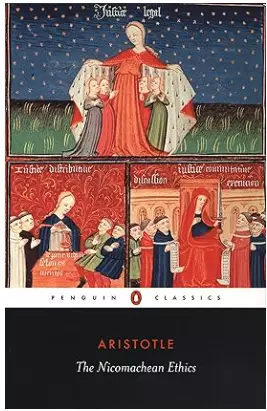
One of Aristotle's major books on ethics is The Nicomachean Ethics. Ten distinct chapters, sometimes known as books or scrolls, make up this book, which is also closely tied to Aristotle's Eudemian ethics.
The field of ethics was significantly affected by the book. Discussions in ethics, morality, philosophy, and human development are still shaped by Aristotle's emphasis on virtue ethics, the value of character development, and the goal of a flourishing life.
The idea of living a meaningful life and the age-old question of how to do so are presented to us in the book. This work by Aristotle that offers insights on virtue, balance, and character development is still important today for someone who aspires to live a virtuous and happy life. The book is still a must-read for anybody with an interest in morality, virtue, or people's attempts to live good lives.
Immanuel Kant's "Critique of Pure Reason"
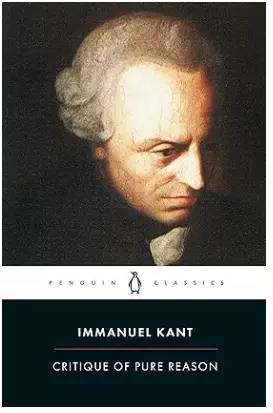
Immanuel Kant, a German philosopher, wrote this book in which he attempts to define the scope and bounds of metaphysics. The book, which was initially published in 1781, was a seminal work that transformed epistemology and philosophy.
Kant aimed to bring together the rationalist and empiricist schools of thought in human philosophy. His attempt to find a middle ground between these two traditions and answer a basic query concerning human knowing is represented in the book Critique of Pure Reasons.
The work greatly influenced philosophy, epistemology, and philosophy of mind. Kant's transcendental idealism still affects discussions in these domains, the idea of a priori knowledge, and the separation between phenomena and noumena.
Philosophy has been forever changed by Kant's ideas on the nature of previous knowledge, the limit of reason, and the role of human cognition in forming reality. This has further sparked discussions about the nature of human knowledge and the structure of reality. Grab this book immediately if you're a philosopher interested in metaphysics, philosophy of mind, or epistemology.
Georg Wilhelm Friedrich Hegel's "The Phenomenology of Spirit"
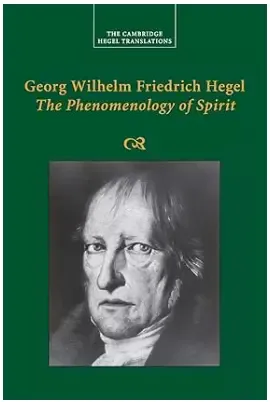
The most talked-about book by George Wilhelm Friedrich Hegel is this one. The phenomenology of spirit or mind can also translate this further. He referred to the 1807 publication as an exposition of knowledge development.
This is a key piece of German idealism that had a significant influence on philosophy, especially in metaphysics, epistemology, and philosophy of the mind.
Philosophers and academics continue to be inspired and challenged by Hegel's dialectical approach and his investigation into the evolution of human awareness.
Hegel's seminal work examines the development of self-awareness and consciousness in humans. This book takes us on a deep philosophical trip that explores the complexity of human self-consciousness and the pursuit of unquestionable truth.
The I and self-consciousness, absolute knowing, the master-slave dialect, and other topics are some of the major themes and revelations covered in this book. The dialectical approach Hegel uses in this essay, in which the ideas grow through a thesis-antithesis synthesis, is what draws the most attention.
Friedrich Nietzsche's "The Birth of Tragedy"

German philosopher Friedrich Nietzsche wrote a piece titled "The Birth of Tragedy Out of the Music of Spirit." The Birth of Tragedy, a theatrical theory of the German tragedy of 1872, was published for the first time in 1886.
Friedrich Nietzsche's landmark work explores the nature of Greek tragedy and, by extension, the underlying tenets of life and creativity. The author offers the idea of Dionysian and Apollonian duality as being important to his investigation.
Greek mythology and the gods Dionysus and Apollo, who stand for opposing artistic and existential forces, are sources of inspiration for him. In this work, Nietzsche discussed how the synthesis of these diametrically opposed and problematic forces produces tragedy, the pinnacle of Greek art.
The first significant work by Nietzsche that influenced his intellectual career was this book, The Birth of Tragedy. He begins by introducing a few of the themes and ideas that will later inform his philosophical writings.
Aesthetics, literary theory, and the philosophy of art have all been profoundly influenced by the idea of Dionysian and Apollonian duality. It is still based on the idea of debate and interpretation, enticing academics and thinkers from other fields.
Bertrand Russell's "A History of Western Philosophy
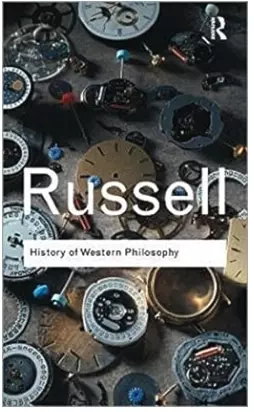
British philosopher Bertrand Russell wrote a book titled A History of Western Philosophy, which was released in 1945. The enormous volume offers a thorough analysis of Western philosophical thought from the pre-Socratic thinkers to the middle of the 20th century.
A Magnum Opus, the book aspires to cover all the significant thinkers, philosophical schools, and pivotal concepts in the development of philosophy. It serves as both a historical overview and a critical assessment of philosophical beliefs.
For many generations of students and public readers, this is one of the most widely read philosophical works and serves as an introduction to the history of philosophy. The book has received praise for its accessibility and lucidity, as well as criticism for its narrow focus and Rachelle's own biases.
This book is a must-read for anybody interested in the development of human thought and the history of philosophy because of the author's clear style and astute critique. The book is nevertheless useful as an approachable overview of the broad and varied field of Western philosophy.
Jean Baudrillard's "Simulacra and Simulation"
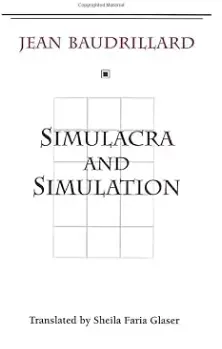
Jean Baudrillard, a cultural theorist and philosopher, published Simulacra and Simulation in 1981. The author of this book has looked at how reality, symbols, and society are related.
Simulacra are copies that represent things that either don't exist in their original form or don't exist in their original form anymore. However, the term "simulation" alludes to the gradual reduction of a real-world process or system's capabilities over time. On postmodern philosophy, cultural studies, and cultural theories, the book has had a significant influence.
Baudrillard's theory of hyperreality and the role of simulation in contemporary culture continue to shape the discussion about the nature of reality and representation. The author's work forces us to reevaluate what reality is in a world full of signals and symbols. For those who are curious about postmodern philosophy and the nuances of hyperreal existence, the book continues to be required reading.
Last words
The philosophical world is a world of ideas. The twelve novels described above hardly scratch the surface of their depth. These works will impart substantial knowledge and an invaluable perspective on human existence to readers of all philosophical levels.
These books will serve as a guide for you as you embark on your philosophical journey, as you investigate the ideas and engage in a timeless dialogue about reality, ethics, and the human condition.
Also read the following:
10 Best books on world history you should read this year.
All you need to know about Pomodoro Technique.
Share and subscribe to the blog by email.




Comments ()